Industrial Robots vs Service Robots
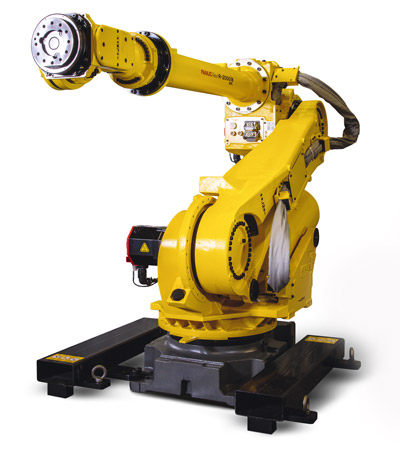
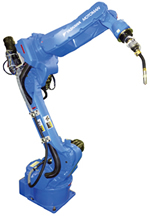
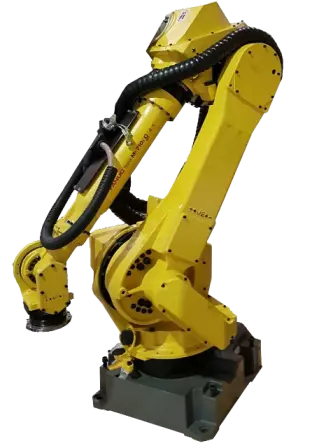
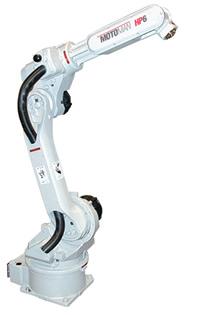
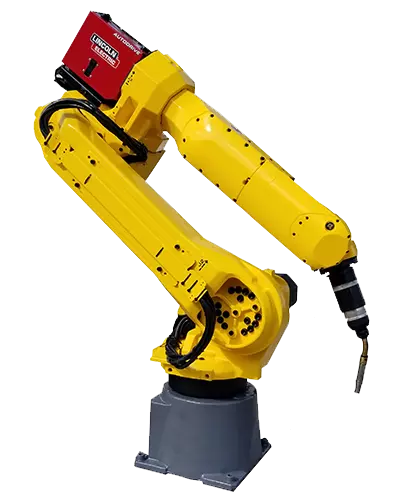
The use of robotics is on the rise in industrial, commercial, and residential settings. However, the types of robots used in these environments are not the same. Industrial robots and service robots have both been around for decades. Industrial robots saw success early on in their development and that success has only grown. Service robots have been slower to catch on, but today their use is expanding quickly thanks to artificial intelligence and robotic vision systems.
What is an industrial Robot?
An industrial robot consists of a mechanical arm that is attached to a rotating base. Industrial robots are programmed to automatically perform production related tasks. They are largely deployed in manufacturing settings, but with advancements in robotic technology they can automate tasks outside of traditional industrial environments. Industrial robots are configured with several joints or axes that determine their range of motion. Most have between three to six axes, with six-axis robots being the most common. The FANUC M20ia is a popular FANUC industrial robot.Industrial Robot Applications
Industrial robots are ideal for automating precise and repetitive manufacturing processes. They commonly automate jobs that are undesirable or unsafe for humans. These include robotic arc welding, spot welding, assembly, material handling, material removal, painting, palletizing, packaging, machine tending, and foundry, among many others. Industrial robots provide flexible automation with the ability to be reprogrammed for different tasks. The FANUC R2000ib/165F is a multipurpose robot that is capable of automating several types of robotic applications. The ABB 4600-45 can perform different applications in a sequence or separately at different stages of manufacturing.Industries Using Industrial Robots
Industrial robots have been implemented to automate many different industries. The ABB 6640 is commonly used in the automotive industry for spot welding car frames. While the FANUC Lr Mate 200id is often used by electronic manufacturers. Other industries for industrial robots include aerospace, metals, machining, medical device, oil and gas, and warehousing. These articulated robots have even been implemented in industries outside of manufacturing including the entertainment industry for theme park rides.What is a Service Robot?
Service robots are considered to be any robot used outside of manufacturing. They can be used in both domestic and commercial settings. Unlike industrial robots, service robots are not designed to replace humans. Instead they are designed to help humans or perform tasks for humans. The design of service robots varies considerably and depends upon their use. Some consist of small circular machines, while other may resemble a touchscreen on wheels, and other may resemble small motorized vehicles.Service Robot Applications
Typical applications for service robots are those outside of manufacturing. The most common include vacuuming homes, assisting surgeons with patients, guiding customers through a store, retrieving products to fulfill consumer orders, tending to crops on farms, or taking customer orders at a restaurant. The demand for service robots has grown because they can solve problems for people.Industries Using Service Robots
Service robots are unique since they can be used by individuals or by those in commercial industries, widening their customer base. Healthcare, retailers, hospitality, agriculture, logistics, and military are all industries that have implemented service robots.Robots Done Right is the place to start when it comes to used robots. Contact us if you are interested in buying or selling a used robot.